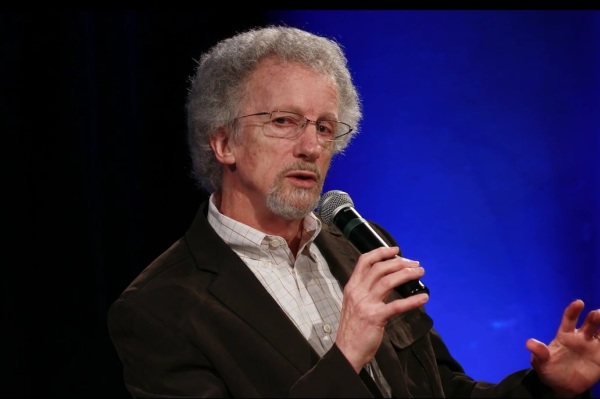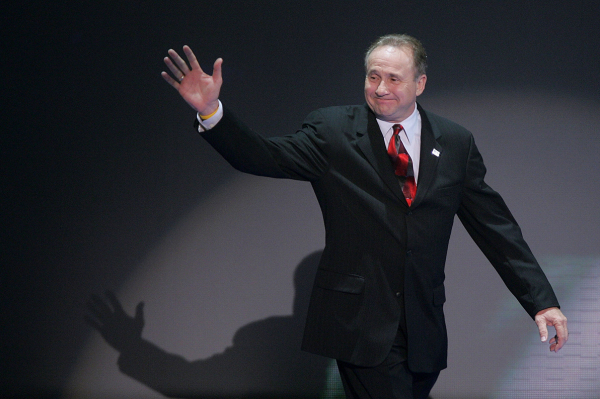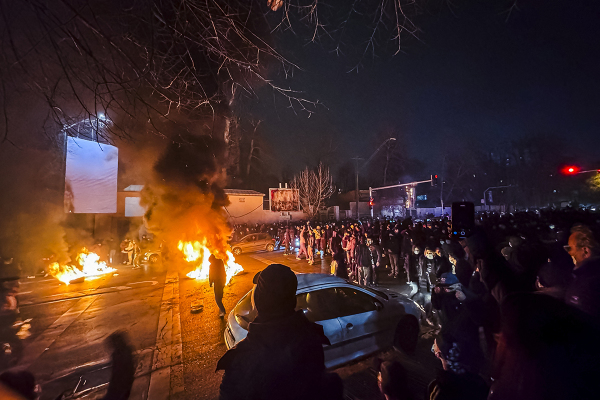Should Atheists Be Chaplains in Military? NAE Thinks Not
Should atheists be able to serve as military chaplains?
The head of the largest representative body of chaplains in the U.S. Armed Forces and Veterans Administration doesn't think so.
A New York Times article this week highlighted the case made by humanist organizations and atheists that humanist chaplains are needed to serve nonbelievers in the military. One humanist group has asked for an audience with the chiefs of chaplains to discuss the proposal.
Weighing in on the issue, Paul Vicalvi, executive director of National Association of Evangelicals Chaplain Commission, which represents over 1,200 chaplains in the military, said he was "puzzled" when he heard of the request.
Speaking to The Christian Post, Vicalvi, a retired Army chaplain of over 30 years, said he doesn't see the logic behind humanist chaplains.
"Traditionally chaplains are seen as a person of a higher power faith. It would redefine the chaplaincy if a non-faith person becomes a chaplain," he said.
The U.S. Army requires that chaplains obtain "an ecclesiastical endorsement" from their "faith group" in order to qualify for service. They must also possess a graduate degree in theological or religious studies.
When it comes to the argument that humanist chaplains are needed to take care of troops with atheist beliefs or values, Vicalvi pointed out that that role is already filled by psychologists or counselors in the military, most of come from a secular humanist background, according to his experience.
Furthermore, he emphasized that existing chaplains, including those representing evangelical Christianity, already serve atheists or nonbelievers in active military service. Chaplains in the U.S. military must minister to the spiritual and emotional needs of those on active duty, regardless of their faith or non-faith.
Vicalvi rejected the characterization made by military atheists that evangelical chaplains push Christianity down people's throats. Even if Christian-themed events are organized, they are funded by non-military money and attendance is always voluntary.
Respect for other faiths is something the NAE Chaplain Commission takes seriously, its leader said.
Affiliate members of the commission, which includes large denominations like the Assemblies of God and Church of God (Cleveland, Tenn.), endorse their own chaplains but the commission directly endorses chaplains on behalf of smaller denominations and independent churches.
Before the NAE Chaplain Commission endorses any chaplain, Vicalvi said he interviews the candidate to make sure he understands that chaplains have the responsibility to respectfully serve military members of any faiths and non-faith.
"Evangelical chaplains are taught to respect the faith or the lack of faith of anyone in the military. It's not that we're against people who don't have faith or think they are lesser persons. We are there and we respect everyone. That is our fundamental teaching," he said.
Even though the Christian chaplains are taught not to use counseling sessions to proselytize, that doesn’t mean they can't speak about their faith.
"We also reserve the right to tell others about our Christian belief if we are asked," added Vicalvi.
During his service as an Army chaplain, Vicalvi said he counseled fellow Army members from a variety of faith backgrounds, including Wiccans.
"Their faith would be different from mine. I listened to them and I would counsel them as much as I could, whether it was family problems or other problems. When it came down to the Wiccan faith, I would hand them off to someone of their faith," explained the NAE Chaplains Commission head.
While he believes that atheists or humanists don't qualify to serve as chaplains in the military, Vicalvi argued that humanism is a religion even though it doesn’t ascribe to a "higher power."
"Humanism is a religion. It's a basis of motivation, ethics, day-to-day decision making," he said.
"It's not a power beyond themselves, or higher power, but they do have a god and it's man. Humanists would claim that they have the power within themselves to be whatever they want to be."
In the end, Vicalvi said he sees the demands for atheist chaplains being less about the needs of the active duty troops and more about a vocal minority of New Atheists wanting to spread its anti-Christian movement from the public square to the military.
"I believe this is a militant minority and it is specifically against evangelical Christianity."





















